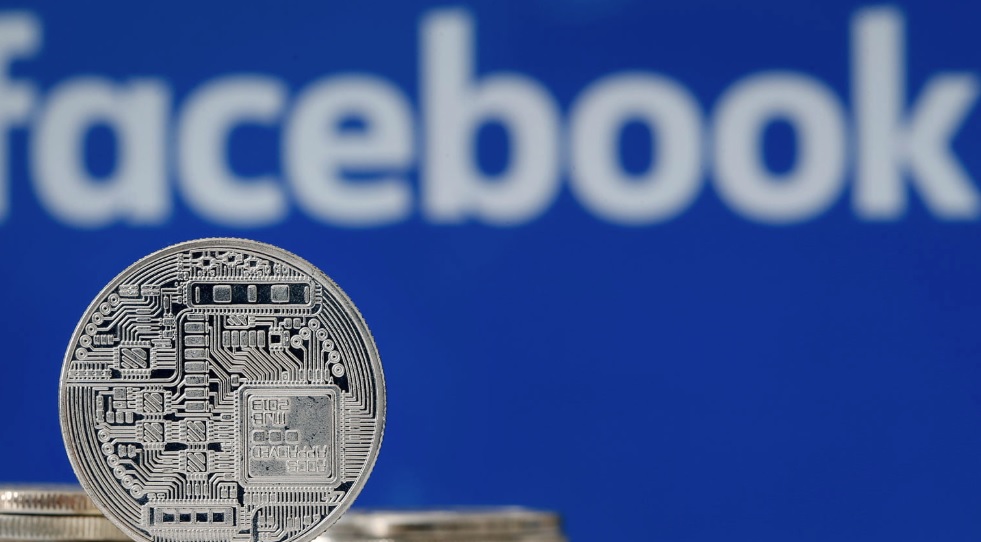The terrible experience of the 1930s should remind us that trade and currency wars go together like a horse and carriage. Now that US President Donald Trump’s administration is fully implementing his protectionist “America First” agenda, it is only a matter of time before a currency conflict erupts.
As Draghi pointed out in the speech that attracted Trump’s ire, the euro was originally framed as a mechanism for eliminating competitive devaluations. Ever since Keynes, efforts to revive the idea of a non-national general currency had been constant and futile.
But now, new technology has brought the possibility of a global currency within reach. Just last month, Facebook unveiled its plans for a digital coin, Libra, which will be pegged to a basket of government-issued currencies. According to Facebook, the initiative is designed to reach the world’s poorest people, including many of the 1.7 billion without a bank account.
A broad user base is essential to ensure that Libra serves primarily as a means of exchange, not as a tool of financial speculation. That makes it the antithesis of first-generation blockchain currencies such as Bitcoin, which is subject to artificial scarcity maintained through the process of “mining”. To be sure, the overwhelmingly negative reaction to Facebook’s Libra announcement has been discouraging. And yet, were an alternative currency based on multiple assets broadly adopted, it would not be as destabilising as its critics claim.
With a truly universal currency, users would both buy and sell goods and services, including labour, which means that wages would have to be set in a non-national currency. The new dispensation would make the existence of multiple currencies in one territory look like a throwback to the pre-modern world, when gold and silver coins fluctuated in value against each other. And that might not be a bad outcome.
The fluctuation in value of gold and silver, it is worth remembering, allowed for greater wage flexibility, and thus less unemployment. And the wider the use of a global currency (or multiple global currencies), the less viable a currency war becomes. Technology is reviving the 20th century dream of a global monetary system free of the disruptions caused by economic nationalism. The key to realising it is to sever the link — as the euro has begun to do — between money and the nation-state.
